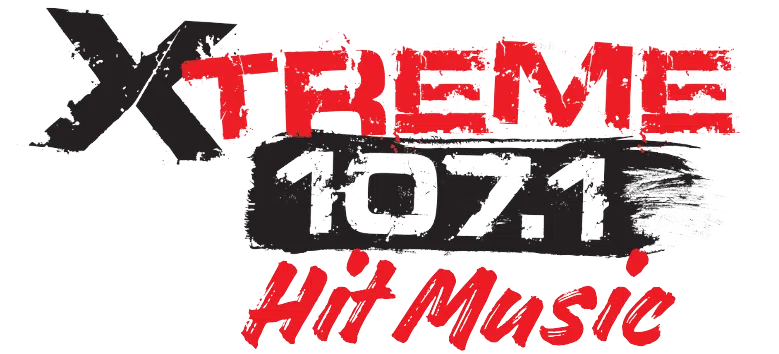A newly-released audit from Wisconsin’s non-partisan Legislative Audit Bureau found state agencies had incorrectly allocated about $1.1 million in federal COVID funds through June of last year, according to the report.
Most of the issues came from misunderstandings of federal guidance, and have since been corrected or reallocated. In total, the audit reviewed more than $16 billion in federal aid spending over the 2019-2020 fiscal year ending in June 2020. Wisconsin spent about $3.4 billion in federal assistance related to the pandemic in the final few months of the fiscal year, finding errors in how agencies handled about $1.1 million.
The rest of the COVID federal relief funds spent in the 2020-2021 fiscal year won’t be audited until a year from now, state audit committee co-chair Sen. Robert Cowles (R-Green Bay) said, unless the committee authorizes a separate audit.
The audit made 22 recommendations to improve how federal funds are allocated in the future and including a correction plan submitted to the state for how the mistakes would be fixed, with a deadline of June 2021. Most of the errors have already been corrected, according to the report.
Mistakes in allocating federal funds
The Department of Administration had incorrectly reimbursed $741,766 to state agencies, most of which went to the Department of Corrections for expenses incurred in 2019.
A misinterpretation of federal guidance led to the DOC classifying $700,000 in computer expenses from 2019 to be covered by the federal COVID funding. The DOC purchased laptops in the fall of 2019 that a spokesperson explained were then reassigned to remote workers in March when the pandemic reached Wisconsin. Those employees wouldn’t normally have been issued laptops, the DOC’s John Beard explained.
Because they had been used for COVID-related work, the DOC at the time believed that if fell within the guidelines of what could be reimbursed through federal aid funding. However, because they were purchased before March 2020, state auditors told the agency the allocation wasn’t in compliance with federal guidance. The DOC has reassigned that money to cover an unbudgeted expense in September 2020 that could otherwise be covered under the CARES Act–another round of laptops bought to replace those purchased in 2019 and subsequently reassigned to remote work.
UW-Green Bay had a similar explanation for why they used $400,000 in higher education relief funding under the CARES Act to cover lost revenue. Early federal guidance had been vague and changed frequently, chief business officer Sheryl Van Gruensven explained, and in the rush of early budgeting during the pandemic they hadn’t realized they’d incorrectly applied the funds.
The guidance at the time had been “sporadic”, she said. “It pretty much came out piecemeal.”
The university learned in October that they had misinterpreted the initial guidance from the U.S. Department of Education on how the HEERF funds were supposed to be used. Van Gruensven said they immediately shifted the funds at that point to cover expenses incurred through remote learning and changes in instruction models. Plus, she pointed out, current guidance would now allow them to use those funds for lost revenue dating back to March, like they had originally planned for the money.
“They continuously come up with updated guidance,” Van Gruensven said. “In hindsight we probably should have waited a bit longer to expend the funds that we did. But we only had a certain time period to do it, so trying to balance our budget the best we can with all the losses we were experiencing.”
Auditors found smaller errors at several other agencies included the Department of Health Services, Department of Workforce Development, and Department of Justice. Most of the errors were associated with COVID-related work done prior to March 2020 when the funding kicked in.
Legislative control of federal COVID relief funds
Republicans have tried and failed to gain more control over federal COVID relief funds, passing a bill Gov. Evers vetoed earlier this week. Currently, state law gives the governor broad control over how to spend federal aid.
Republicans on the audit committee point to the mistakes as reasons why the legislature should have more oversight. In a recent floor session, Assembly Speaker Robin Vos threatened court action if the governor didn’t allow lawmakers on the legislature’s finance committee to review his plans for spending an incoming $5.7 billion through President Joe Biden’s American Rescue Plan.
“Really this is the only oversight that we’ve got now because the Governor doesn’t want the legislature to be involved these funds going forward,” Sen. Cowles said. “This is a tremendous amount of money; it’s hard to get your arms around exactly how much it is.” In a press release, Republican co-chair Rep. Samantha Kerkman (R-Salem Lakes) said non-compliance with federal program requirements represented potential risk to the state.
Democratic lawmakers on the audit committee, however, say there’s no evidence that money was purposely mishandled, pointing out that even the errors were over expenses incurred because of the pandemic.
“It’s clear to me through this audit that there was no intentional fraud, there was not a misuse of money, and there was not money that was lost,” Democratic Sen. Melissa Agard (D-Madison) said. “This money is being well spent. This money is going out and helping people in the state of Wisconsin.”
In all, auditors reviewed $16.6 billion in federal aid spending in the state, finding a total of $1.6 million in errors.
COPYRIGHT 2021 BY CHANNEL 3000. ALL RIGHTS RESERVED. THIS MATERIAL MAY NOT BE PUBLISHED, BROADCAST, REWRITTEN OR REDISTRIBUTED.









